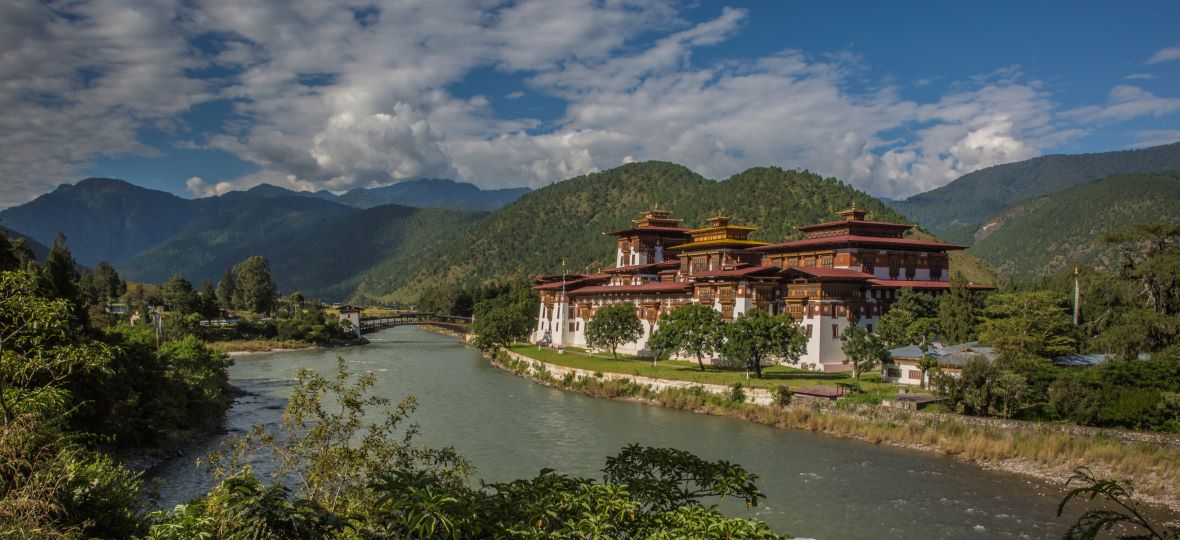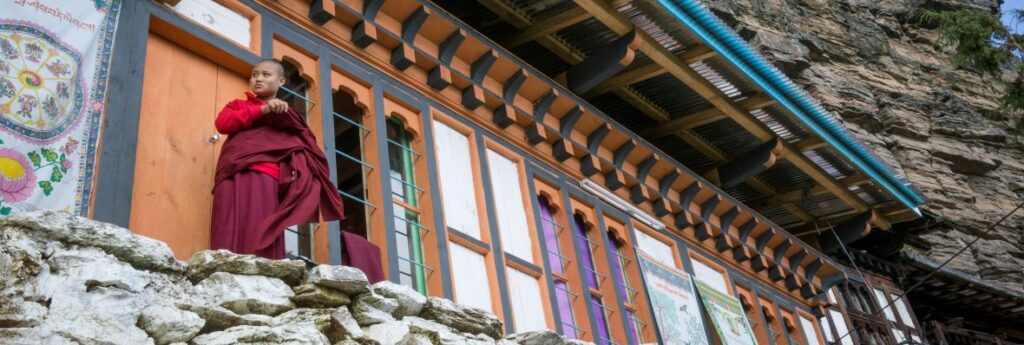The Kingdom of Bhutan is set to reopen the historic and sacred Trans Bhutan Trail for the first time in 60 years with Toronto-based G Adventures designated as an official launch partner. Such is the import of the occasion that the King of Bhutan will officially inaugurate the Trail, fulfilling a vision to restore the ancient route for tourism, adventure, and connection, and based on the Kingdom’s core principles of sustainability and sustainable tourism
Spanning 403 km across the country, which is perched in the Himalayas between India and China, the Trail was part of the ancient Silk Road, used by pilgrims, armies, and traders for thousands of years; and until the 1960s, it was the only way to travel across the country.
Official records can be traced to the 16th century when the Trail was the only route between the east and west of the country, connecting fortresses – or Dzongs – deep in the remote eastern Himalayas. It also served as the pilgrimage route for Buddhists in the east to travel to sacred sites in western Bhutan and Tibet, and legendary Garps – trail runners – would travel the trail at great speed by foot with mail and important messages, often making their journeys without food or water.
When construction of a national highway began across Bhutan in the 1960s, the trail’s ancient stairways and footpaths gradually fell into disrepair.
Extensive restoration work began two years ago in preparation for this spring’s opening and last March a team of surveyors began clearing jungles, fording rivers and reconstructing bridges to their former glory, at the same time re-connecting with local communities, which provided hospitality and assistance, even as Bhutan and the world were enveloped in the emerging COVID crisis.
The Bhutan Canada Foundation, the non-profit that led the restoration of the trail, named Toronto-based G Adventures as the first group adventure operator when the trail launches to the public. (Visitors to Bhutan may only do so through a sanctioned tour operator).
Sam Blyth, chair of Foundation and lead donor for the Trans Bhutan Trail, said G Adventures, which has been operating tours in the Himalayan nation for the past decade, was an obvious partner to help relaunch the trail given the company’s long history and success running small group tours and giving back to destinations through its commitment to community tourism.
“As well as providing income opportunities for local people, especially youth, in rural communities, the restoration of the trail is a community-based project designed to preserve an ancient cultural icon and provide a sustainable experience for travellers,” Blyth says.
“Economic benefit will flow directly into the local communities as a result of community tourism, whether via homestays, the purchase of supplies locally for multi-day trips, or the employment of local guides.
“Spanning the world’s only carbon negative country, the Trans Bhutan Trail also reflects the country’s philosophy of ‘Gross National Happiness’ and enables the children of Bhutan to continue to walk in the footsteps of their ancestors. It’s our vision that one day the Trans Bhutan Trail will be considered one of the great walks of the world.”

Starting in May, G Adventures will offer two active trekking itineraries along the route: the 11-day “Camp the Trans Bhutan Trail” trip, which features camping and homestays, and a 12-day “Highlights of the Trans Bhutan Trail” itinerary with accommodation in homestays, locally owned guest houses, and hotels. Both packages include necessary Trail permits.
Company VP Yves Marceau says the tours will focus on trekking specially selected parts of the 403-km route and connecting with local people to learn about Bhutanese life and culture, thus combining active travel and cultural immersion with the benefits of community tourism.
Participants will hike for three to four hours a day through forests and meadows and travel through rural settlements around the Dzongs, and enjoy local meals each night, whether they are camping or staying in homestays, hotels or local guest houses.
“Trails have historically connected remote communities and helped distribute much-needed income to local people as travellers move across the landscape,” Marceau says. “In today’s world, the pandemic has encouraged people to spend more time in nature and now they are looking for similar experiences when they travel.”
It is expected that Bhutan’s borders will reopen to tourism ahead of the Trans Bhutan Trail’s official opening ceremony in March.
For more information on the Trans Bhutan Trail, click https://www.transbhutantrail.bt

